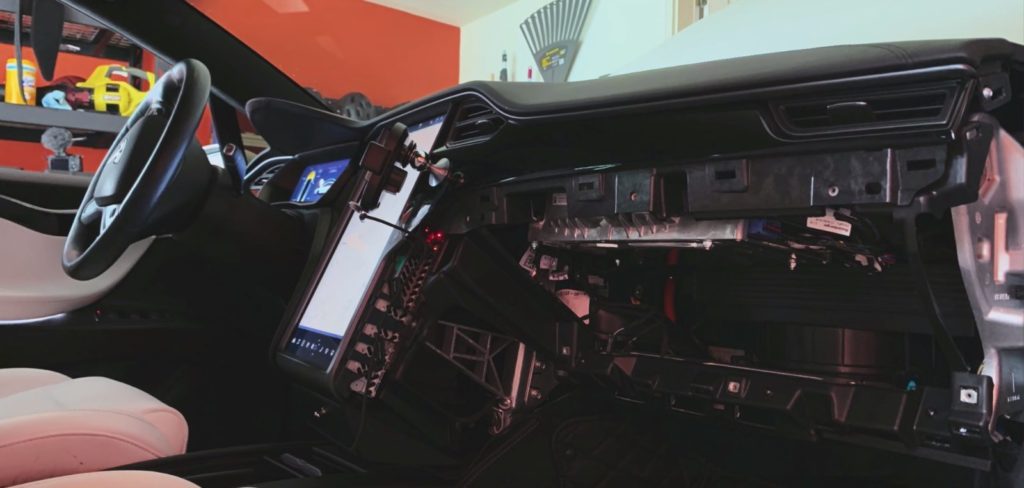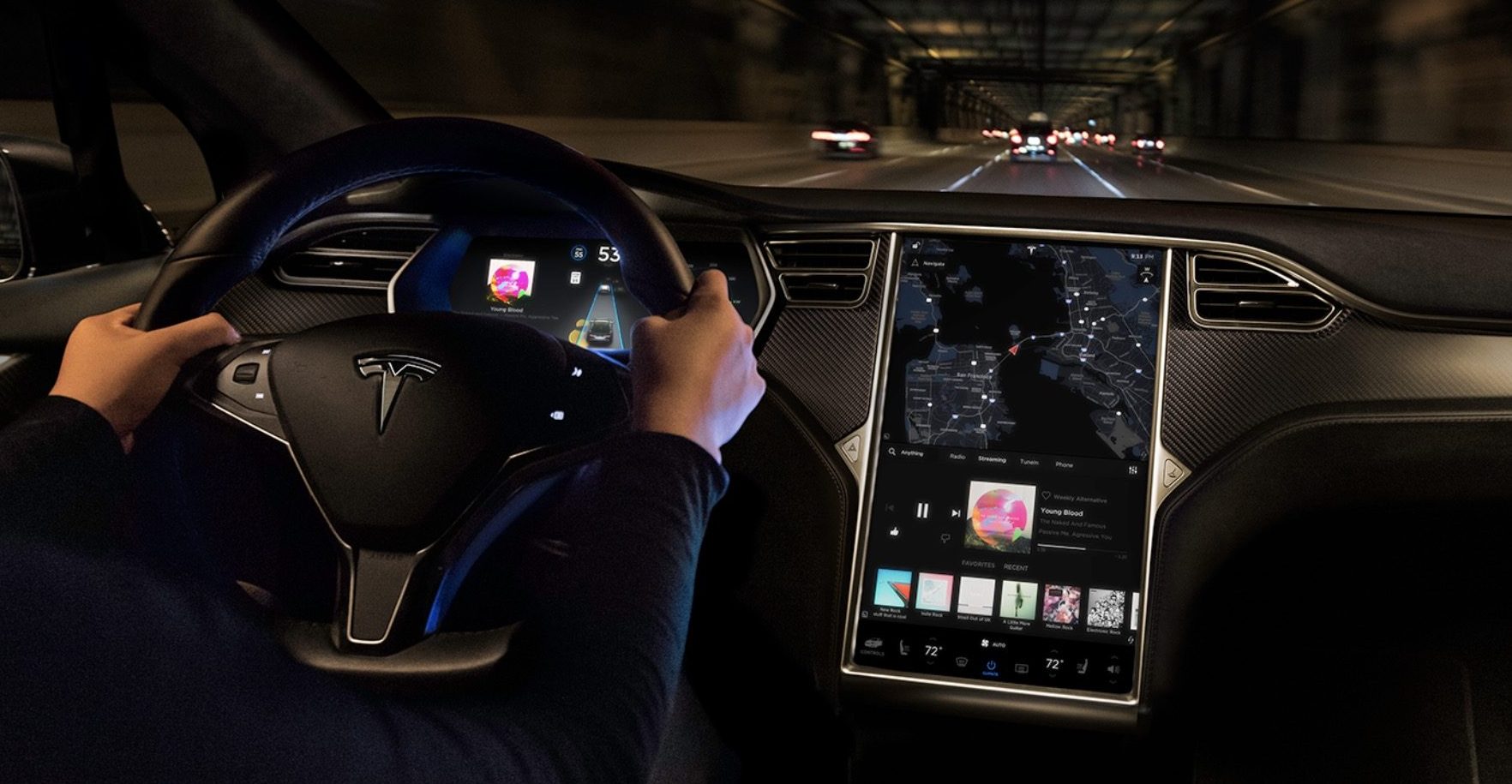Something that would typically receive a warm welcome is leaving owners skeptical with the recent recall request initiated by the National Highway Traffic Safety Association (NHTSA) involving Tesla’s older media unit.
Tesla’s original infotainment system is a key factor in Tesla’s huge successes allowing Tesla to showcase its in-car over-the-air software updates.In 2018, Tesla changed the media units inside its Model S and Model X in order to equipped the vehicles with more powerful ones that can handle major software upgrades and new features that require more computer power. The upgraded media units come equipped with awesome new Tesla features including Tesla Theater, integrated DashCam, and Sentry Mode. Features that models produced before 2018 lacked until last year.
Tesla officially began offering a $2,500 infotainment upgrade to change the media unit inside older Model S and Model X vehicles so those owners would have access to all the new features Tesla now offers.
Now, according to the official Tesla website, the automaker has cut the price of the media unit upgrade by $1,000 to $1,500 without explanation:
“Owners of compatible vehicles can schedule an appointment through the Tesla app for purchase and installation. This upgrade is available for $1,500 plus applicable tax, including installation.”
As mentioned above, this sort of price drop would typically be welcomed with opened arms. However, with the potential of a recall looming over newer Model S and Model X units caused by this very feature, owners are a tad bit suspicious to say the least.

Last year, the NHTSA opened a preliminary evaluation on the touch screen failures Tesla customers were experiencing with the MCUv1. Last week, Tesla received a letter from the agency requesting that they conduct a recall of all 159,000 units of the Model S and Model X equipped with the infotainment system.
What has been referred to as the “eMMC failure” problem has been reported to include issues such as the touchscreen becoming less responsive, the power-up time becoming longer, the screen freezing and needing to be rebooted, and occasionally complete failure of the MCU all together.
With the introduction of its new MCU in 2018, owners have yet to see the same or similar issues present again. However, owners of older vehicles are still experiencing issues and some have even took it upon themselves to have their MCU replaced out of warranty.
The NHTSA met with Tesla over the issue to evaluate all the information, but it determined that losing capacity of the MCU poses a safety risk as the defect can potentially cause “loss of rearview/backup camera,” “loss of HVAC (defogging and defrosting) setting controls (if the HVAC status was OFF status prior to failure),” and “affects the Autopilot advanced driver assistance system (ADAS) and turn signal functionality due to the possible loss of audible chimes, driver sensing, and alerts associated with these vehicle functions.”
The recall request issued by the NHTSA is however, only that, a request. Tesla is still able to dispute the request by sending a letter with the reasons for the dispute to the NHTSA by January 27.

